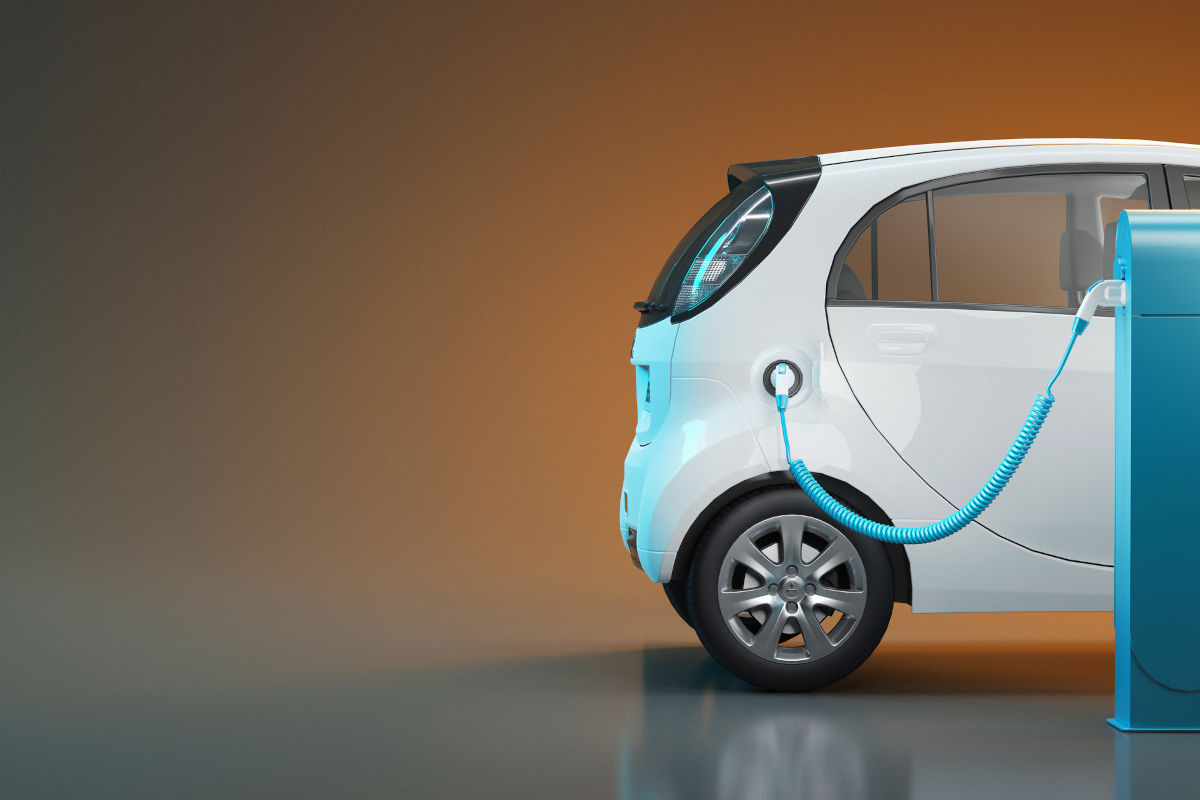Battery supply chains well positioned; affordability and charging infrastructure crucial for rapid uptake.
Global sales of electric cars continue to grow, with 17 million vehicles expected to be sold by the end of the year, despite challenges in some markets, such as expired purchase incentives, high inflation, and fluctuating prices for battery metals. This is the conclusion the International Energy Agency (IEA) reached in this year’s Global EV Outlook.
It goes on to say that global sales of electric cars will increase by 35% to almost 14 million by 2023. In China, the U.S., and Germany alone, half a million battery-powered e-cars were newly registered last year. By 2030, every third car in China will be an e-car, and almost every fifth car will be in the U.S. and the EU. By 2035, the IEA expects every second car sold worldwide to be electric, based on today’s political framework conditions.
The “global electric car revolution” does not appear to be slowing down but is entering a new phase of growth, said IEA Executive Director Fatih Birol. Nevertheless, the pace of the transition will not be uniform; according to the report (PDF), affordability and the charging infrastructure are the keys to future growth. On the other hand, the IEA considers the global capacities for producing the required batteries to be well positioned; thanks to high investments in the last five years, these could keep pace with the sharp rise in demand. However, mining and refining must continue to grow rapidly to ensure robust supply chains. In this context, the IEA points to new opportunities that companies and investors are currently exploring in the face of increased competition, such as direct agreements with battery manufacturers and producers and processors of raw materials.
Photo: iStock/AlessandroPhoto


